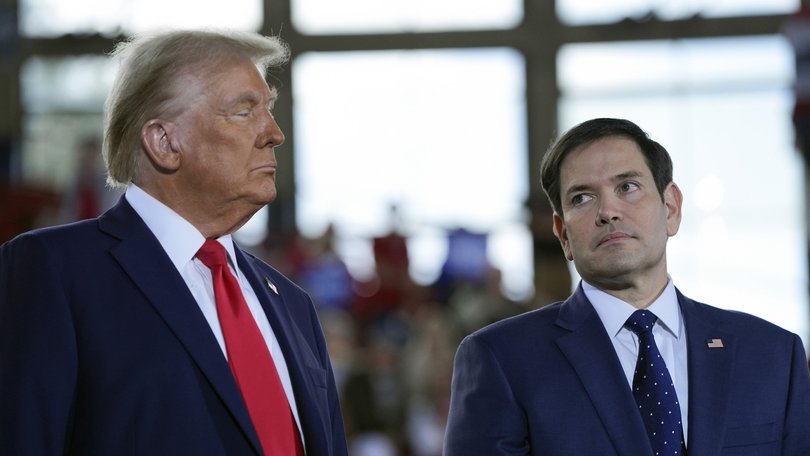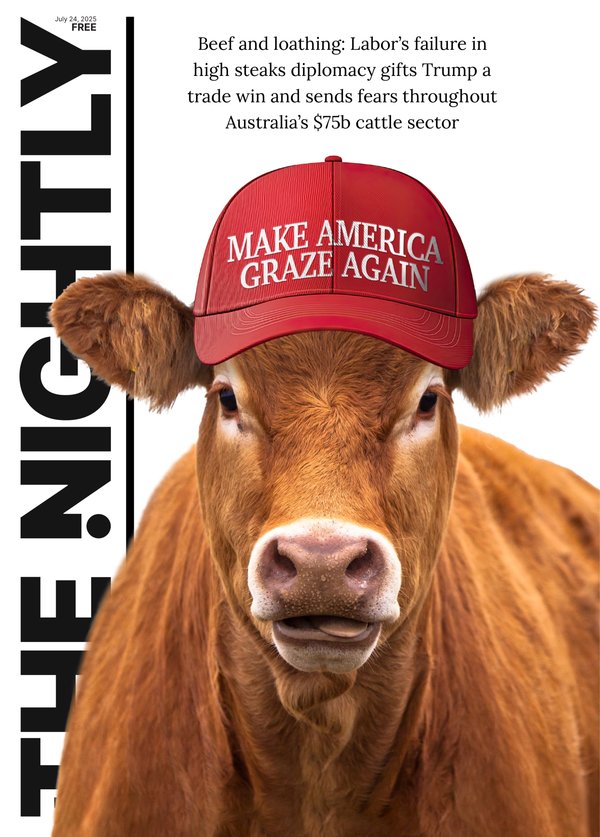Australian embassy closely monitoring US move to ban foreigners ‘censoring’ Americans

Australia’s foreign ministry is closely following a US government move to ban foreign nationals it deems to be censoring Americans – a new policy that could target officials regulating US tech companies.
US Secretary of State Marco Rubio announced the policy on Wednesday as a measure to protected America’s “cherished right” of free speech.
“In some instances, foreign officials have taken flagrant censorship actions against US tech companies and US citizens and residents when they have no authority to do so,” he said in a statement.
Sign up to The Nightly's newsletters.
Get the first look at the digital newspaper, curated daily stories and breaking headlines delivered to your inbox.
By continuing you agree to our Terms and Privacy Policy.Mr Rubio said it was “unacceptable for foreign officials to demand that American tech platforms adopt global content moderation policies or engage in censorship activity that reaches beyond their authority and into the United States.”
He did not name specific examples, but US tech companies and the Trump administration have alleged censorship of social media platforms by allies in Europe and taken aim at an EU content moderation law, the Digital Services Act.
In Canberra, a Department of Foreign Affairs and Trade spokesperson said the Government was “closely monitoring” the recent announcement of a US visa restriction policy.
“Our Embassy is seeking further information in order to understand how this may impact Australians seeking to travel to the United States,” said the spokesperson in a statement.
Australia has had its own run-ins with US companies over its approach to regulating social media content.
In September, Elon Musk, the owner of social media platform X, called the Government “fascists” over proposed legislation to hit social media firms with fines for failing to prevent the spread of misinformation online. The bill ultimately was not passed.
In March, TikTok, Meta and Snap, which owns Snapchat, also raised strong objections to a carve-out for YouTube from a world-first ban on social media use by under-16s, passed by the parliament late last year.

